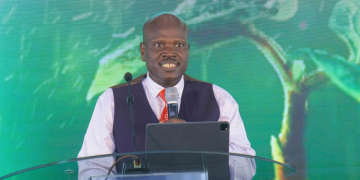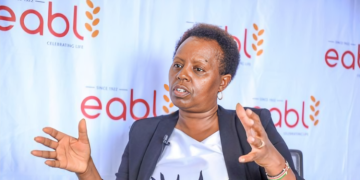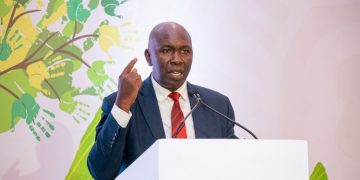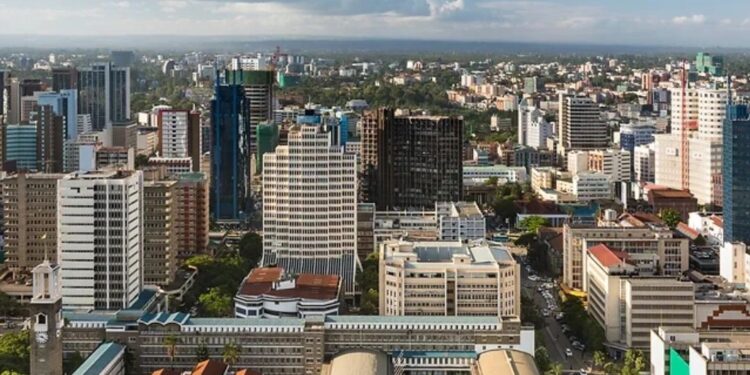In the grand tapestry of human history, the concept of philanthropy has transcended borders and centuries, leaving an indelible mark on the trajectory of societies. From the ancient Romans sharing bread with slaves to contemporary global movements, philanthropy has been a driving force for positive change.
A change that has made a community glitter with hope and fortitude when they look at their future generations.
It is in this context that we turn our gaze to Africa, a continent rich in diversity, culture, and untapped potential, where philanthropy has the power to usher in lasting social transformation.
The assumptions, challenges, solutions, and opportunities in African philanthropy are topics that demand our attention, discussion, and action.
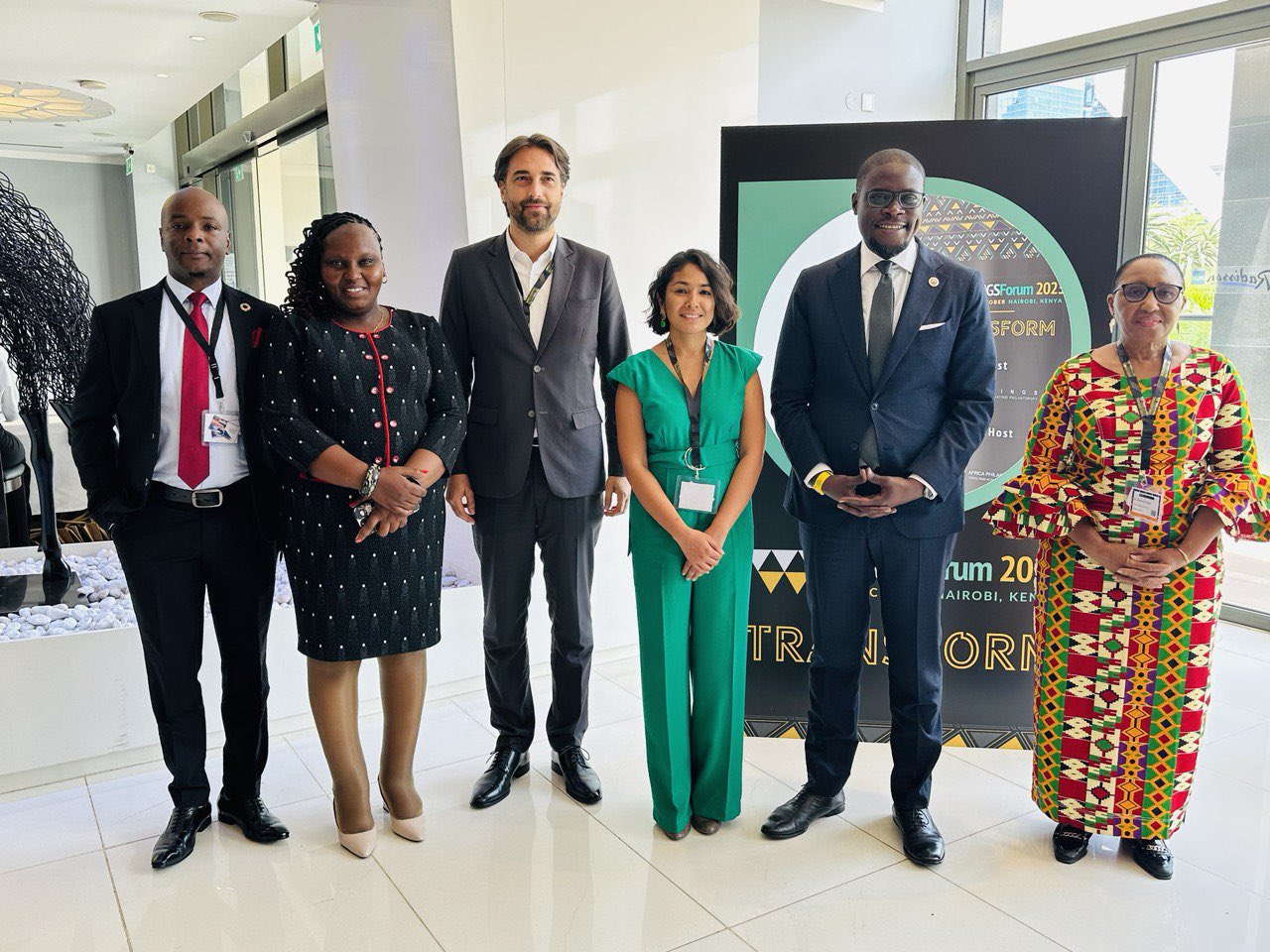
A History of Philanthropy in Africa
Moreover, the roots of philanthropy run deep in Africa, dating back to the Indigenous cultures and traditions that have long emphasized communal support and giving.
Also Read: Pushing the Sustainability Agenda in Africa
However, the narrative of African philanthropy has often been overshadowed by the stereotypes and biases that have permeated the Western lens.
Decolonizing the discourse around African philanthropy is an imperative, as it is far more than just charity or aid.
In pre-colonial Africa, vibrant systems of mutual aid and communal support thrived. These societies had a deep sense of interconnectedness, with resources and assistance freely flowing within communities.
As such, individuals, families, and clans considered it their moral duty to provide for those in need, irrespective of their socioeconomic standing.
While colonialism and its legacies have challenged these traditions, the spirit of giving remains intrinsic to African cultures.
Challenges and Assumptions in African Philanthropy
Despite its rich history, philanthropy in Africa faces a myriad of challenges.
One of the primary assumptions that need to be dismantled is that Africa is a monolithic entity. The continent is a tapestry of nations, each with its unique challenges and opportunities.
To unlock the full potential of philanthropy in Africa, it is essential to recognize and respect this diversity.
Moreover, there is a prevalent misconception that philanthropy in Africa is solely about charity. While humanitarian assistance is crucial, philanthropy encompasses a much broader spectrum.
It includes efforts to drive systemic change, invest in education, empower women, address climate change, and promote equitable economic development.
Furthermore, the historical narrative of Africa as a helpless continent perpetuates another assumption. This harmful stereotype is far from the truth.
Africa is not a passive recipient of aid but a dynamic continent brimming with talent, creativity, and potential.
African philanthropists and organizations are increasingly taking the lead in addressing the continent’s challenges, from poverty to environmental sustainability.
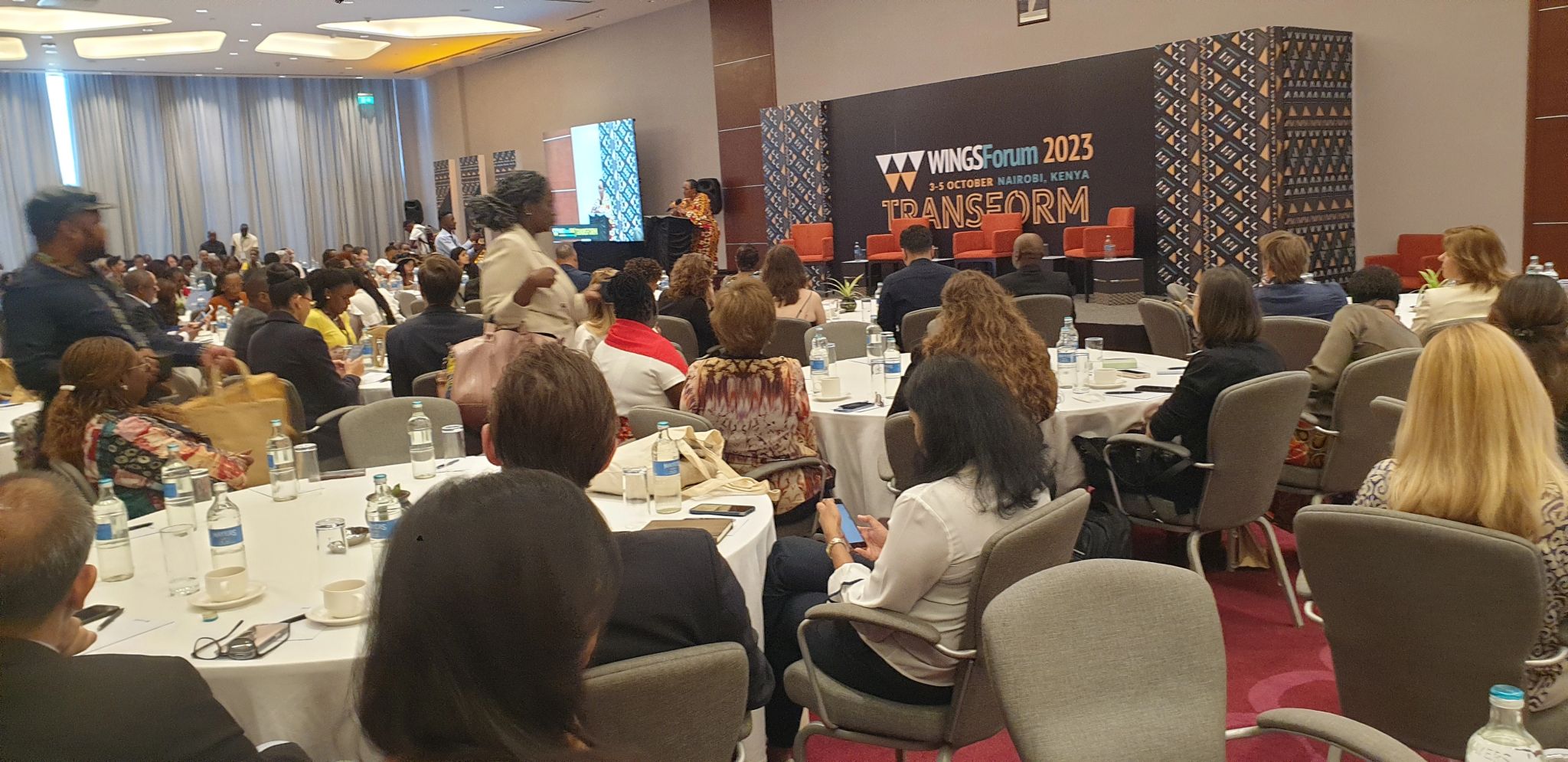
Solutions and Opportunities in African Philanthropy
To unleash the power of philanthropy in Africa, we must first acknowledge the continent’s unique needs and strengths.
It is essential to create an enabling environment for African philanthropy to flourish. This involves fostering partnerships and collaborations that respect local knowledge and perspectives.
One crucial area that demands philanthropic attention is climate change.
Africa is highly vulnerable to the effects of climate change, from droughts to extreme weather events. Philanthropic organizations can play a pivotal role in funding research, supporting innovative solutions, and advocating for policies that protect the environment.
By raising funds to finance research and cushioning vulnerable groups against the effects of climate change, philanthropy can be a catalyst for positive change.
Public-Private Philanthropy Partnerships (PPPPs) represent another avenue of potential.
Collaboration between governments, private entities, and philanthropic organizations is essential in addressing complex challenges such as poverty and global health.
These partnerships can provide the resources, expertise, and innovation needed to drive meaningful change.
Additionally, in an era of rapid globalization, the nature of wealth creation and distribution is evolving.
Also Read: Lets Embrace the Creative Renaissance by Immortalizing African Art and Culture
There is a growing focus on social impact and inclusive economic growth thus, Philanthropic organizations can play a pivotal role in supporting these goals by truly investing in underserved communities and promoting equitable economic development.
Therefore, building concrete partnerships between philanthropic organizations, nonprofits, and other stakeholders is a mandate that must be pursued vigorously.
Decolonizing the Barriers and Language of African Philanthropy
One of the pressing challenges in African philanthropy is the need to decolonize the barriers and language used in the ecosystem.
The historical legacy of colonialism has left a lasting imprint on the dynamics of power, resources, and decision-making in the sector. It is crucial for philanthropic organizations to recognize and address these historical injustices.
Moreover, part of decolonization involves redefining the terms of engagement. African philanthropy should not be seen as a subsidiary of Western philanthropy but as an equal partner in a global network of giving.
The language used in the sector must reflect this shift in power dynamics.
Furthermore, open and honest conversations about the challenges facing philanthropy are imperative.
Philanthropic organizations must be willing to address issues such as racism, inequality, and power dynamics. In an increasingly divided world, economic inequality often goes hand in hand with political repression and racial division.
As such, philanthropists cannot afford to turn a blind eye to these problems, particularly in Africa.
Conclusion: Unleashing the Power of Philanthropy in Africa
In closing, it is abundantly clear that Africa possesses a wealth of untapped potential, and philanthropy is a potent force for unlocking that potential.
The assumptions, challenges, solutions, and opportunities in African philanthropy are intertwined, and addressing them requires a holistic and collaborative approach.
As a participant in the recent WINGSForum2023 opened by Governor Johnson Sakaja in Nairobi, I witnessed the brilliant potential of philanthropy in Kenya and Africa. It is a testament to the positive impact that can be achieved when we come together, share knowledge, and collaborate to drive meaningful change.
Let us use our voices to raise awareness about the importance of philanthropy in Kenya and Africa as together, we can make a difference.
Notably, African philanthropy is not just about giving back; it is about investing in the future of Africa, its youth, and its communities. More like local based solutions for local problems, and that is where community led change is highly promoted and sought for.
Nonetheless, the time has come to embrace the true power of philanthropy in Africa and to rewrite the narrative of a continent on the rise. With respect for diversity, a commitment to decolonization, and a focus on collaboration, philanthropy in Africa can be the driving force for positive, lasting social change.
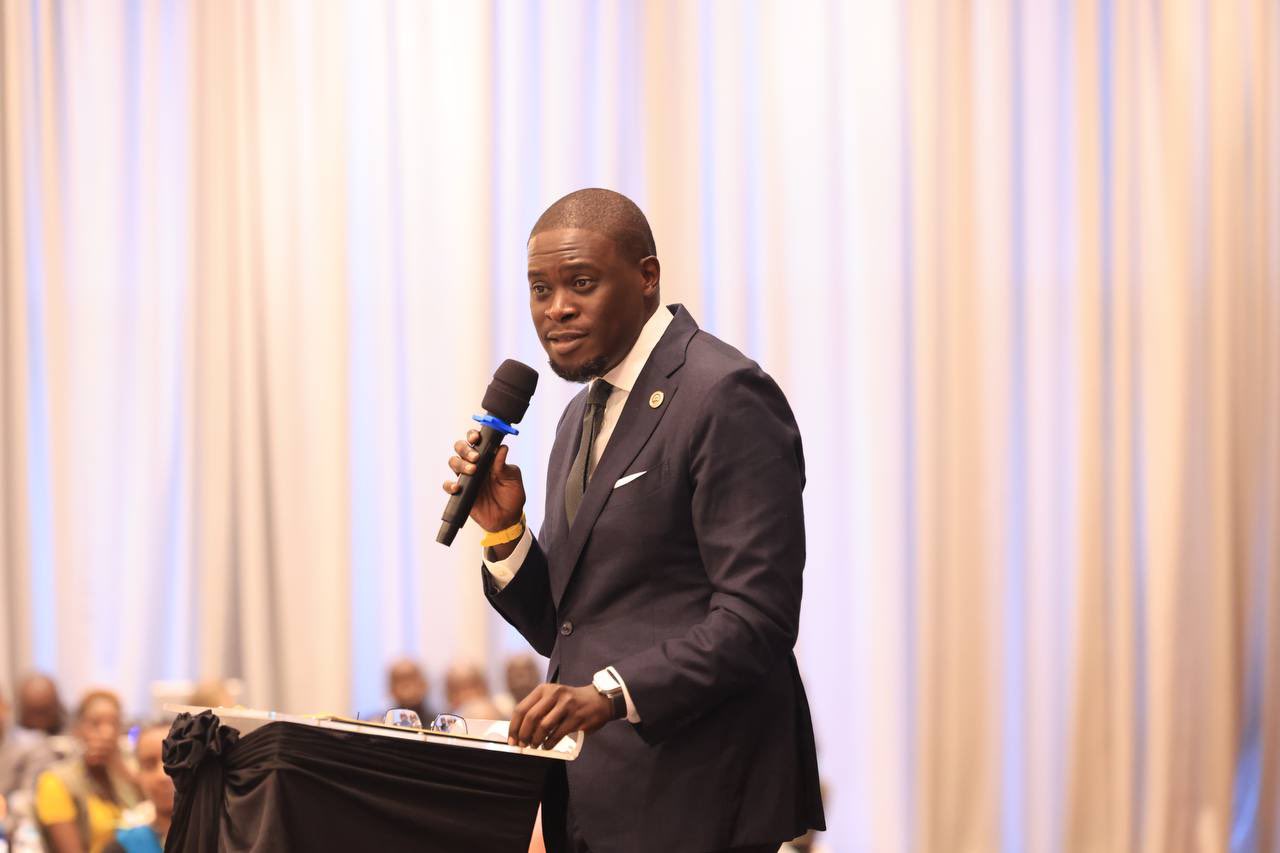
By Waihiga K. Muturi
The writer is the Program Advisor-Africa for Global Giving.

